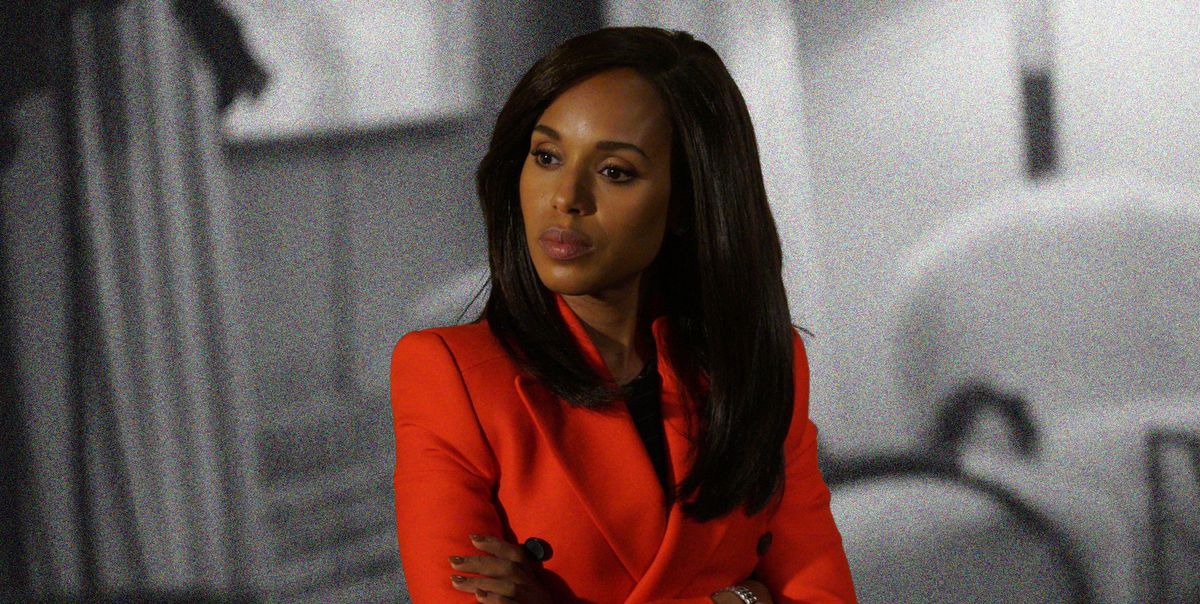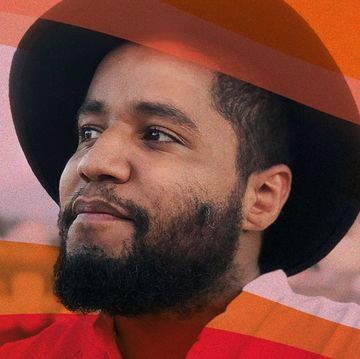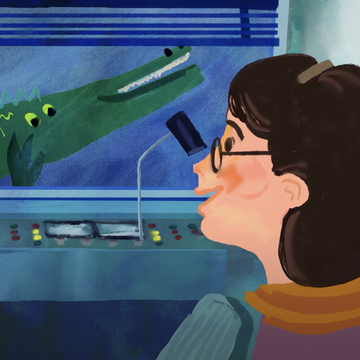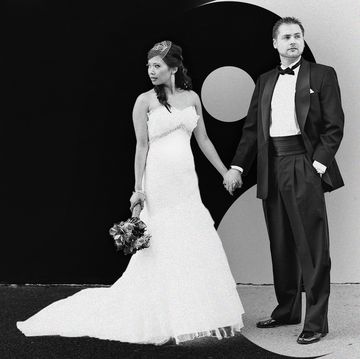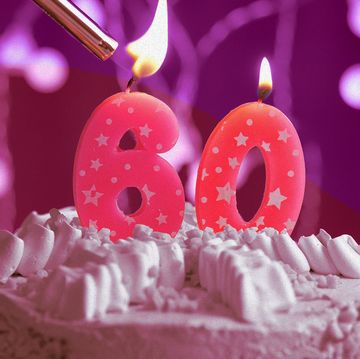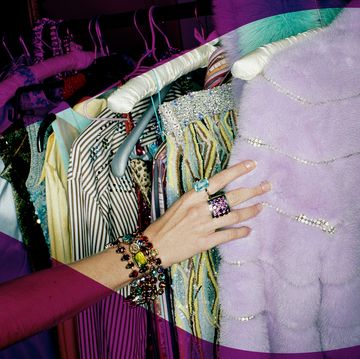Tonight, "Scandal" airs its 124th and final episode — the end of a show that became more than just a popular television program or a long-running series. It's the end of a phenomenon.
When "Scandal" premiered in the spring of 2012, Kerry Washington became the first black woman to star in an hour-long network drama since Teresa Graves in 1974’s "Get Christie Love!" It was also a show created and written by a black woman. But perhaps most importantly, it was a riveting and completely addicting hour of television.
Looking back, it feels like we were perfectly primed to be captivated by a show like "Scandal" in 2012. Times were simpler. With Barack Obama in the White House, it felt easier to enjoy a show where we were asked to imagine things like a rigged presidential election and a secret spy organization claiming to protect the public. The show was a ratings and critical success and cemented its legacy as a pop culture force.
Following the episode where President Grant (played by Tony Goldwyn) is shot while exiting his motorcade, ABC launched the #WhoShotFitz campaign as a Twitter hashtag. It was the first time I remember really engaging with a hashtag on Twitter — certainly the first time I'd engaged like this — scrolling through all the tweets, evaluating the many guesses and theories, and subsequently forming my own ideas about what sort of monster would shoot Fitzgerald Grant III.
There are some television shows and live events that now seem destined to thrive on social media platforms. "Scandal" managed to do just that early on, and executed a strategy that enhanced the entire viewing experience. The tweets of shocked viewers around the country served to somehow make my own shock more fun. We were in this together. At the same time, that popularity meant your viewing of the show had to be carefully choreographed. Anyone who lived on the West Coast had to stay off Twitter and Facebook completely, lest you come across a devastating spoiler. It also meant watching the show live. "Scandal" was not a show to be taped or caught again. It came on Thursdays at 10 p.m., and that's exactly when I watched it.
Around this time, I lived with a roommate who I liked but wasn't particularly close to. Yet every Thursday, we sat on the couch together and watched "Scandal" — often with our own red wine and popcorn. My cousin would also often come down from her apartment upstairs, bringing her own Olivia Pope-style wine glass. "Scandal" is a show to be watched with a crowd — to ask if they caught that bit of fast-paced dialogue or to scream with and decompress after. The experience of watching "Scandal" with black women — and that vibration of excitement — is something I’ve yet to replicate with another show.
When Beyoncé orchestrated a surprise release for her 2013 self-titled album, many joked that she waited until that week’s episode of "Scandal" was over because she knew much of her audience would be busy until then. In retrospect, it’s obvious she dropped it at midnight — meaning Friday, a standard music release day. However, it says something that so many of us immediately assumed Beyoncé was also bonded into this tribe — and so naturally, she had to consider "Scandal."
With the series now ending, the hope is that there will be other shows that make women of color and queer people and other marginalized groups feel both seen and fully entertained; shows that prove these stories can resonate on a mainstream level simply because they’re good stories. Though we had nothing at all to do with an episode of the show getting to air, I think for myself and many other black women, "Scandal" became a point of pride. On those Thursday nights, two black women were responsible for captivating the nation, and no one could deny them that influence.
No one could deny that Thursday nights meant "Scandal."
